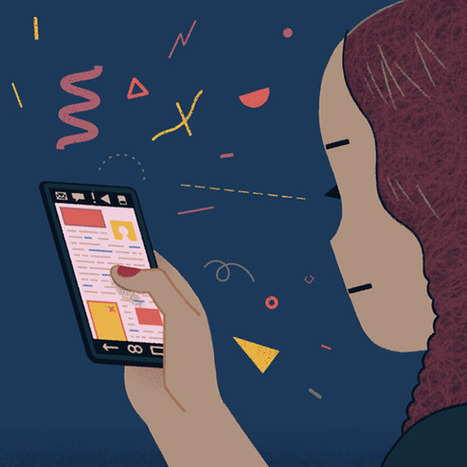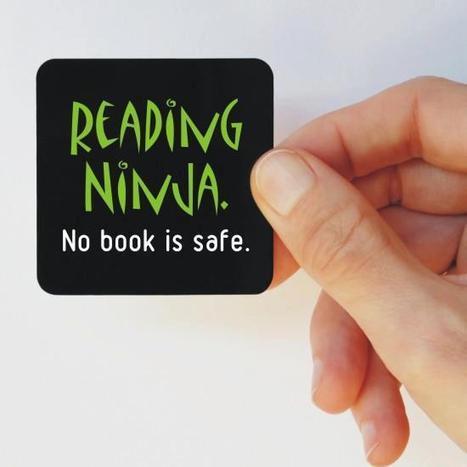Soon after Maryanne Wolf published “Proust and the Squid,” a history of the science and the development of the reading brain from antiquity to the twenty-first century, she began to receive letters from readers. Hundreds of them. While the backgrounds of the writers varied, a theme began to emerge: the more reading moved online, the less students seemed to understand."
Research and publish the best content.
Get Started for FREE
Sign up with Facebook Sign up with X
I don't have a Facebook or a X account
Already have an account: Login
Tech tools that assist all students to be independent learners & teachers to become better teachers
Curated by
Beth Dichter
 Your new post is loading... Your new post is loading...
 Your new post is loading... Your new post is loading...
|
Gary Harwell's curator insight,
July 11, 2014 12:38 AM
If yoiu are serius about reading, these are some great questions. |











Interesting article in the New Yorker on another digital controversy.
Studies show we are not reading as effectively online as we are with hard copies. This highlights the need for tools to help us read deeper online - e.g annotation type tools. This links to an interesting stuy of year 5 students using collaborative annotation software demonstrating higher performance than the control group's' paper based annotation.